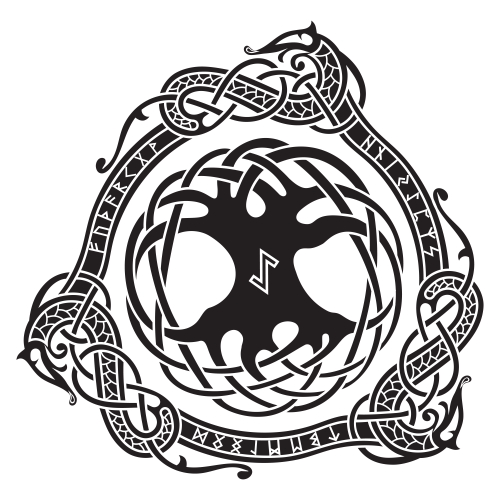Flashback Friday: Enchanted Denizens
Flashback Friday
Since Best Beast, the prequel to my Enchanted Occasions series, is presently offered in the Winter Wonderland giveaway (until January 10th) and available for pre-order at Amazon (releasing January 15th on Kindle Unlimited), I though it was the right moment to revisit a post from the release of Nudging Fate, the first book in the series.
This post is especially apropos because it mentions the central event in Best Beast: the Olesson-Pakulski wedding!
(This post originally appeared at Open Skye Book Reviews here.)
Flashback Friday: Enchanted Denizens
In the Enchanted Occasions universe, mythical beings from almost any pantheon can co-exist because…well…all mythical realms exist. They may not exist side by side, but the Interstices (the gaps between realms that were left over from any and all creation events) act as an interface—an adapter, kind of like the dongle that lets me connect my laptop to the big HDMI monitor on my desk. In the Interstices, all magic from whatever realm can function, even Earthside technology.
Also in the Interstices, the denizens of any folklore cycle can interact. My long-suffering editors had to put up with several “unconventional” mythical folks in Nudging Fate. Here are five of them.

Norn
In my earliest notes for the book, I knew one of the heroes was going to be the Faerie prince, but I didn’t know what kind of paranormal being his co-hero would be or what he would do. When I decided on the event planner occupation, I had this note: “He’s an anomaly—a male version of some kind of supernatural creature that’s always female, except for him.”
My subsequent research turned up norns, “female beings who rule the destiny of gods and men,” according to Wikipedia.
There are three named norns (or Norns-with-a-capital-N) who tend the world tree Yggdrasil in Asgard, and I made one of them—Skuld—Andy’s mother. Hence his last name: Skuldsson.
There are other norns-with-a-lower-case-n elsewhere in Norse mythology, including a number of spots where the hero or heroine of a particular saga blamed a norn for their actions or misfortune. In other words, norn-blaming was a great way to shirk responsibility for your poor choices!
Bwci
A bwci is a Welsh household sprite, equivalent more or less to a brownie in that it will perform household chores in exchange for food. I’d come across bwci tales years ago when I was working on another book based on Welsh folklore, so when I needed a kitchen minion for Chef, I knew exactly what they’d be!
Ifrit
I knew that one of the candidates for the prince’s hand would be a fire-based entity, so I went searching and found the ifrit—a class of djinn that could have flames “leaping from its mouth.” Of course I always take liberties with the mythological creatures I cast in my stories, and although the ifrit is described in source material as being evil, I prefer to think he’s merely misunderstood. 



